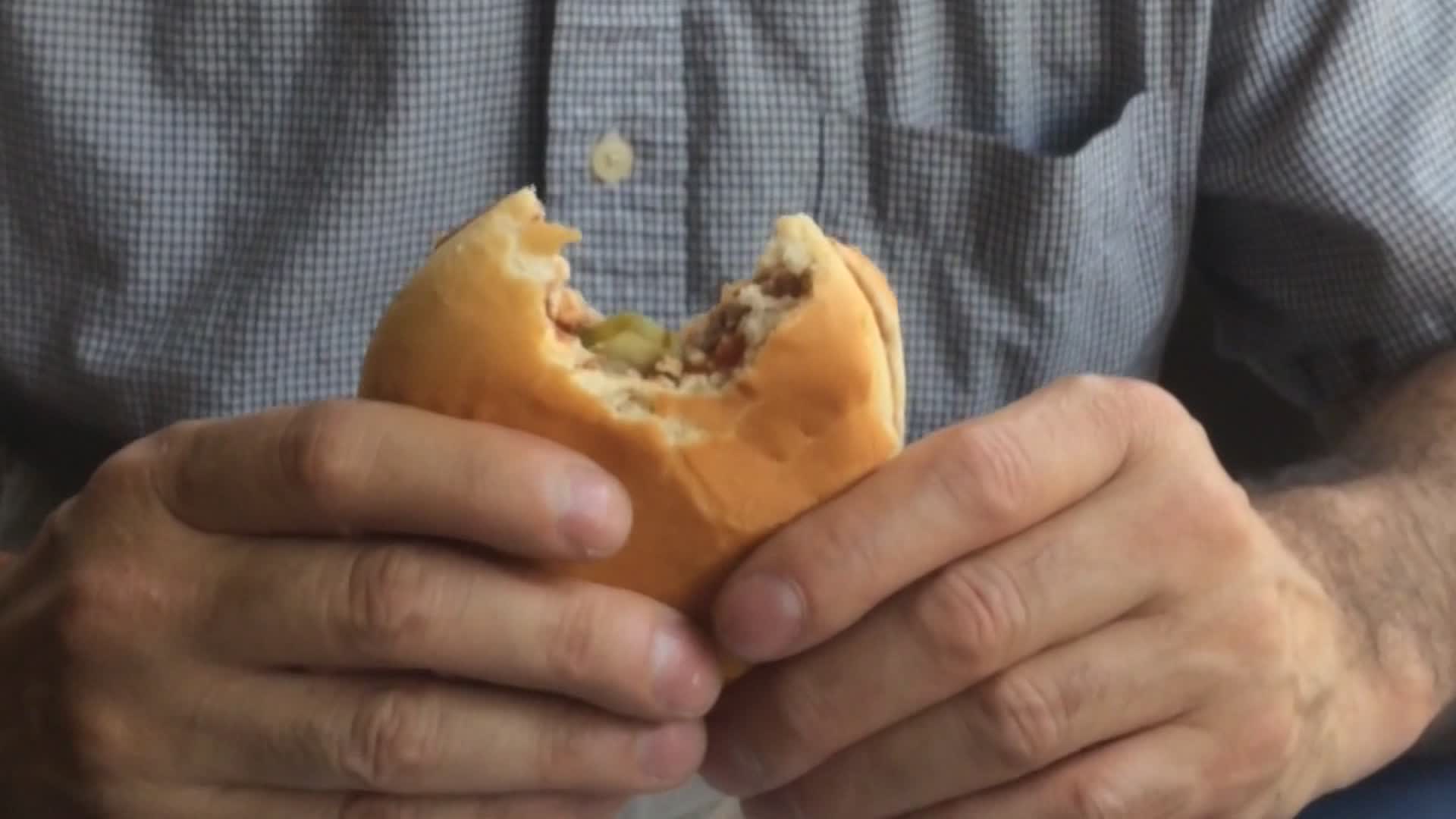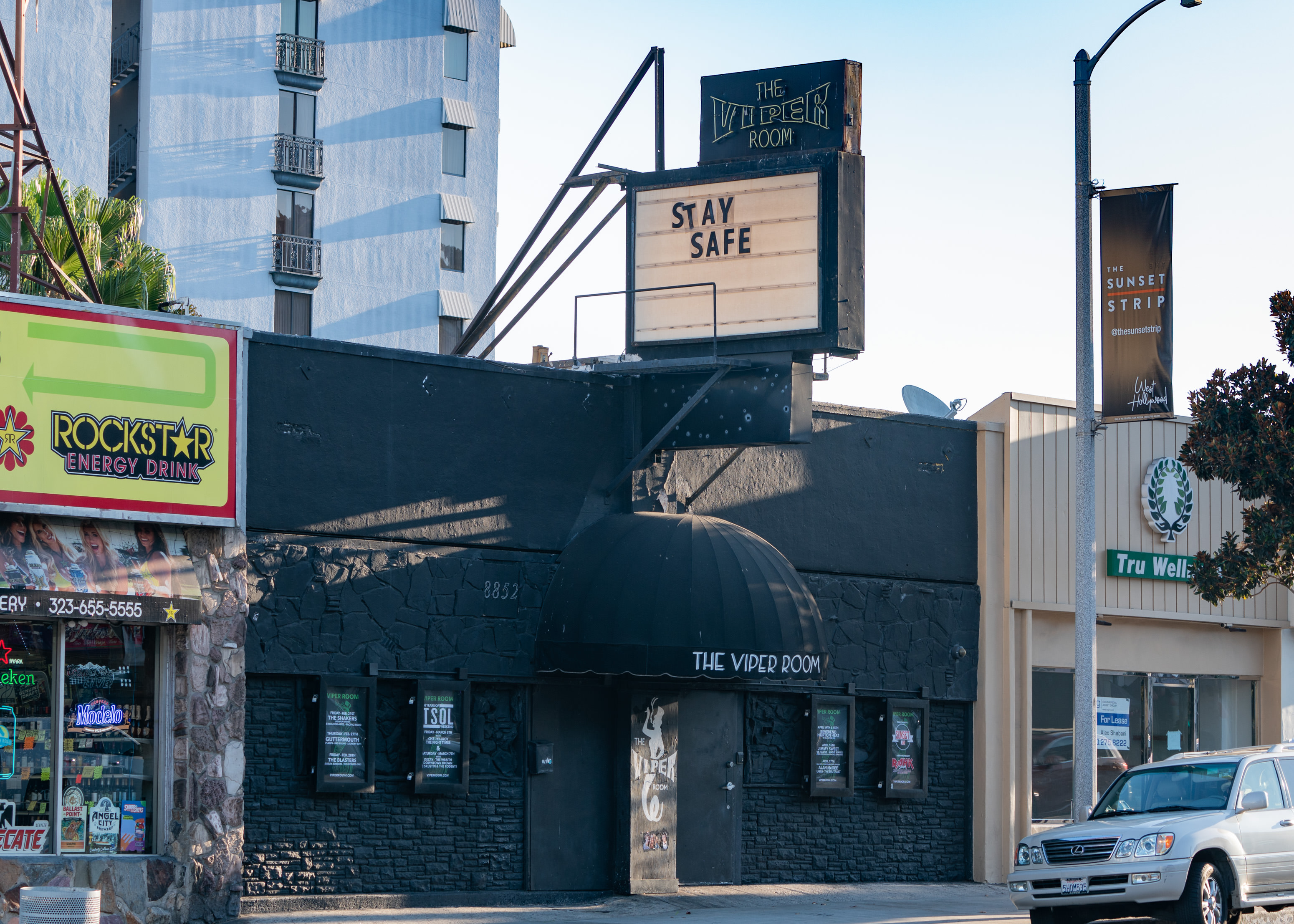As jurors in the "Bell Six" corruption trial get ready to begin another week of deliberations, the questions and read-back requests they've sent the judge offer a window into issues with which they have been struggling, and raise the specter of possible split verdicts.
Six former elected officials -- Luis Artiga, Victor Bello, George Cole, Oscar Hernandez, Teresa Jacobo, and George MIrabal -- are accused of misappropriating public funds to themselves with pay in excess of what is permitted by law, allegedly peaking at $100,000.
It's clear in a note to Judge Kathleen Kennedy Friday morning that at least some jurors remain undecided whether there may have been legal justification for the pay, despite the Bell city charter's own cap of approximately $8,000 per year for serving on the council.
The prosecution contends the cap was illegally sidestepped with payments to the accused as automatic members of the boards of four city entities known as authorities. Deputy District Attorney Edward Miller called them "shams" that met only rarely and briefly, in some cases only long enough to approve pay increases.
Not all the authorities are under the same rules regarding payments to board members, and questions sent to the judge Thursday and Friday focused on jurors' struggle to determine
what specifically governs Bell's Housing Authority.
Prosecution evidence indicated pay for attending meetings was limited to $50, four times a month. The defenses maintained the defendants earned pay beyond that with hard work and long hours outside of meetings.
Jurors see ambiguity in the law.
Local
Get Los Angeles's latest local news on crime, entertainment, weather, schools, COVID, cost of living and more. Here's your go-to source for today's LA news.
"Because it does not state they could only get paid for attending meetings, there remains doubt as to whether they could receive additional pay for other work without breaking this law," wrote juror number one, the foreperson, in a note to Judge Kennedy.
"You have been provided all the applicable law on the subject," Judge Kennedy wrote jurors in her reply, advising them to resume deliberations, which had begun February 22. Six days later, juror number 3 was dismissed and replaced with an alternate, and by law, deliberations were required to begin anew.
Jurors worked until 4 p.m. Friday before breaking for the weekend.
The fact the jury still has questions is seen by some legal minds as an encouraging sign for the Bell Six defendants.
"Questions are doubt," said defense attorney Lou Shapiro, who has served as a legal analyst for NBCLA, and is not involved in the Bell case.
Multiple defendants and multiple counts mean jurors will have to make 96 separate decisions on guilt or its absence. The criminal complaint alleges 20 counts--one for each of the four authorities over each year of the period 2006-10.
Three of the defendants are named in all 20 counts. The other three defendants face fewer counts because either they left the council before the end of the five years -- in the case of Cole and Bello -- or joined the council near the end, as did Artiga in 2008.
If jurors return guilty verdicts for any of the defendants except Cole, they will also have to determine whether to uphold special allegations that increase the punishment.
Each of the counts carries a charge range from two to four years.
A separate trial will be held for Robert Rizzo, the former city manager alleged to have been the kingpin of corruption in Bell. Rizzo was frequently invoked during the trial of the six elected officials, their defenses contending Rizzo was behind the pay increases.



